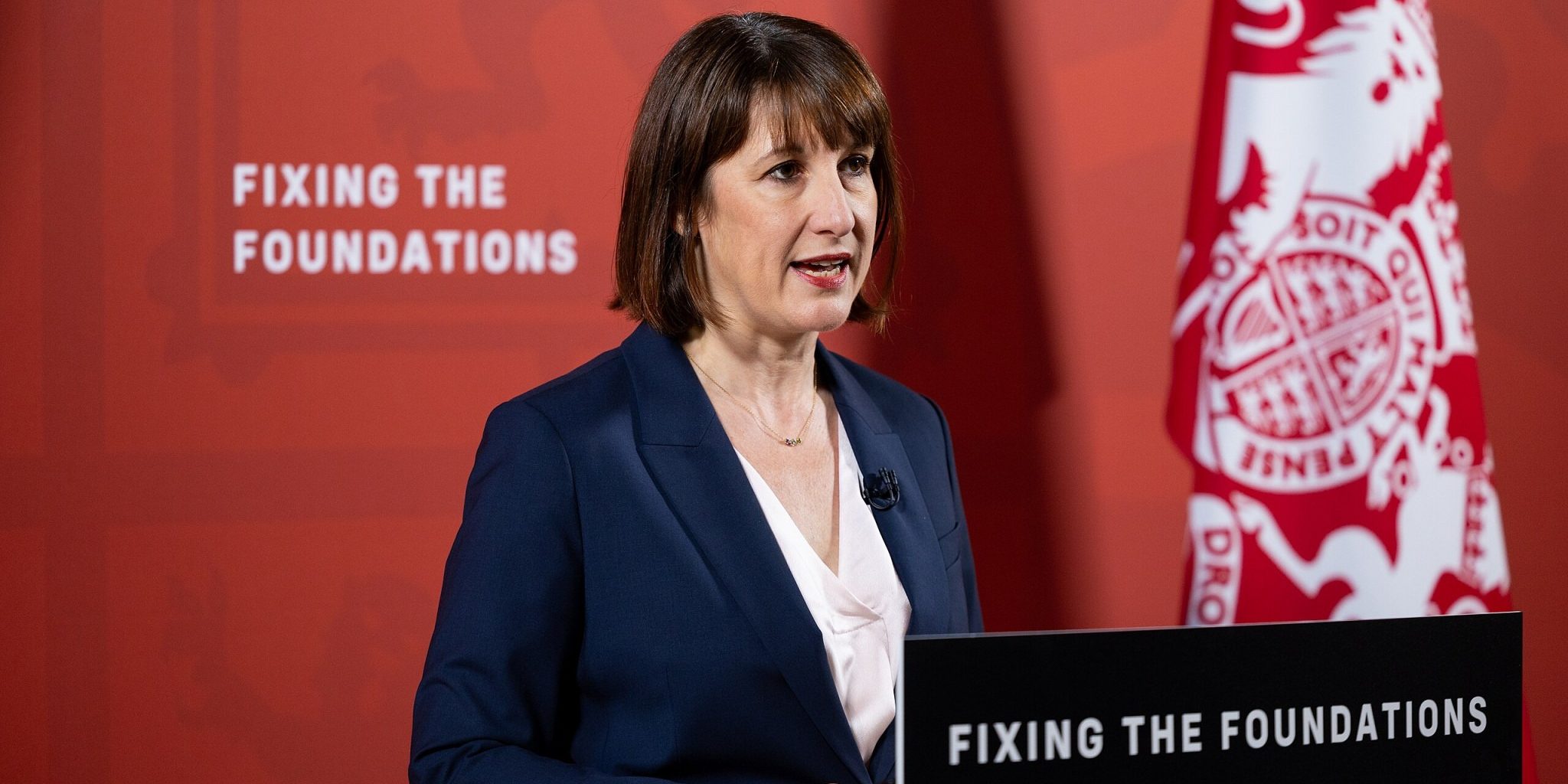Budget 2026: Does the UK really need an annual fiscal statement?
On November 4, Chancellor of the Exchequer Rachel Reeves delivered the annual scene-setter speech ahead of the 2026 Budget, announcing that she would “continue to build the strong foundations to secure Britain’s future” through the creation of a prosperous and fairer economy. Doubts have sparked, however, about whether she will adhere to Labour’s economic strategy to protect taxpayer money as promised in their manifesto. The October 2024 budget introduced £40 billion worth of new taxes to manage and strengthen the economy. This November’s budget is predicted to have the same fate, with near certainty of a rise in stealth tax.
This brings into question the effectiveness of the annual fiscal budget. Despite the tax increase from the previous autumn, the UK in 2025 has the highest rate of inflation seen since January 2024, at 3.8%, with a national debt worth 95% of the GDP, at £2.9 trillion. Despite Reeves’s argument for building a stronger economy, research has estimated that the standard of living will decrease for families in the UK. The Joseph Rowntree Foundation projects that families will have had a 3% decrease in disposable incomes – roughly £1,400 less – by 2030.
The UK system of annual fiscal statements is an outdated one, incompatible with our modern economy of ever-fluctuating markets
So, does the budget present an accurate trajectory for the UK economy, or does it serve more as a means of transparency for the Executive by encouraging governmental accountability over manifesto promises?
The UK’s system of annual fiscal statements is an outdated one, incompatible with our modern economy of ever-fluctuating markets. It requires constant revision to be able to take advantage of the most beneficial economic opportunities as quickly as possible. Yet, the traditional aspect of the annual budget encourages democracy by allowing people to view what expenditure the government is using taxpayer money for, and ‘binding’ them to manifesto promises.
The increasing modernisation of the economy and social structure has created discourse surrounding the need for reforming the UK’s government institutions. Since the 19th century, the changing nature of society has forced the UK Parliament to constantly evolve and adapt. The growth of political consciousness increased suffrage, and the rise of the industrial age sparked systemic change, highlighting that the UK government can develop as a system, creating a potential pipeline for future advancements.
With only 26% of British people believing that public services are available to listen to complaints and make improvements, national feelings of democratic disconnect have been on the rise
Leader of the Shadow Cabinet and Conservative Party, Kemi Badenoch, recently named Reeves’s scene-setter speech as “one long waffle bomb.” In September 2024, 62% of the British population were recorded as being dissatisfied with how the government was running the country. These statements illustrate the dramatisation of leadership through petty party politics and how detrimental its effects are on overall public satisfaction. Increasingly, the political dramas of Punch and Judy Politics in PMQs and the confrontational and theatrical nature of politics have failed to give the UK government a positive status among the public. With only 26% of British people believing that public services are available to listen to complaints and make improvements, national feelings of democratic disconnect have been on the rise. This creates the sentiment that the government is ineffective and performative, rather than having the public interest as its focus.
In line with the growing feelings of democratic discontent, dissatisfaction, and calls for the reform of the economic system, the conclusion is that the UK requires a form of budget management. This is essential for them, as it is for all financial systems, since budget management determines the UK’s level of national debt, public sector profit and budget deficit or surplus, all essential factors to track to ensure the economy remains functional and stable. The fact is that the UK needs a government body to track the budget, and this body requires a more flexible approach than the one today. This way, the UK can have a better chance of achieving economic prosperity, national political satisfaction, and trust in politicians to deliver manifesto promises and manage public finances effectively.

Comments